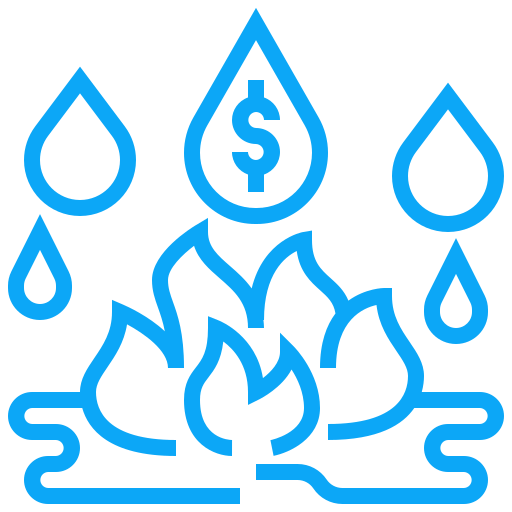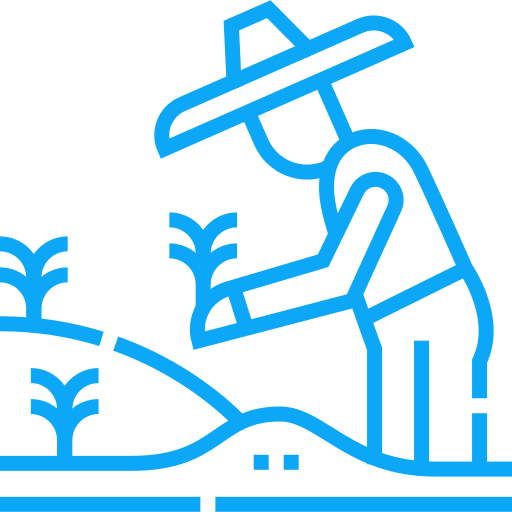Community Empowerment & Governance
4S/Jumla is dedicated to building strong, self-reliant communities by empowering local people to take ownership of their development. The organization facilitates participatory decision-making processes, strengthens local institutions, and promotes good governance practices at the grassroots level. By working closely with community groups, cooperatives, and rural municipalities, 4S ensures that marginalized voices including women, youth, and minorities are heard and included. The goal is not merely to deliver services but to build local capacity so communities can sustain change on their own. Training programs, social audits, and policy advocacy help ensure transparency, accountability, and effective local governance.





